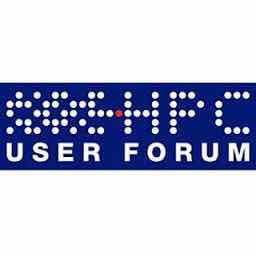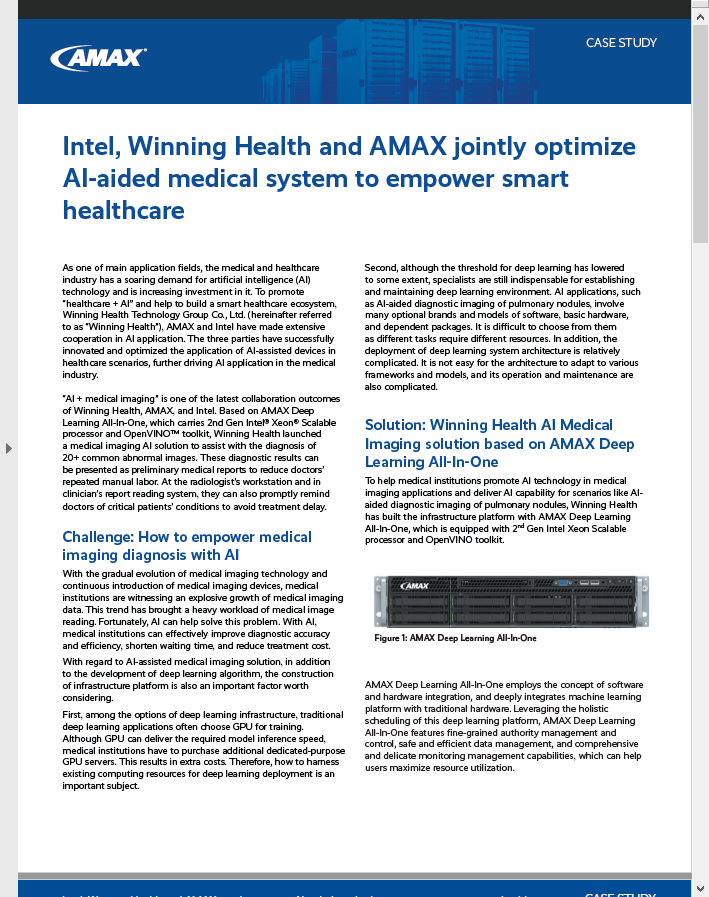Hyperion Research will host the next HPC User Forum April 1-3 in Santa Fe, New Mexico. Now in its 20th year, the HPC User Forum has grown to 150 members from government, industry, and academia. To learn more, insideHPC caught up with Steve Conway from Hyperion Research.
insideHPC: What is the main mission of the HPC User Forum?
Steve Conway: The mission statement was created by the HPC User Forum steering committee. They’re an international volunteer group representing HPC user organizations in government, industry and academia. They direct the User Forum and set the meeting agendas. We at Hyperion organize the meetings on their behalf. The mission, and I’m quoting here, is “to improve the health of the high-performance computing industry through open discussions, information-sharing and initiatives involving HPC users in industry, government and academia along with HPC vendors and other interested parties.”
insideHPC: The next HPC User Forum will take place April 1-3 in Santa Fe. What are some of the highlights we can look forward to?
Steve Conway: The April meeting will continue the topics people have told us to track closely. We’ll have exascale updates from America’s Exascale Computing Project, the EuroHPC project and the initiatives in Japan and China. Speakers will report progress in HPDA-AI, quantum and cloud computing. We’re also going to go deep on two other important topics: metadata and archiving, and STEM education. Both of those are potential choke points for HPC’s future. As a community, we need to address the storage and workforce challenges.
insideHPC: What about other User Forum meetings in 2019?
Steve Conway: We’ll meet September 9-11 at Argonne National Lab, October 7-8 at CSCS in Lugano, Switzerland and October 10-11 at EPCC in Edinburgh, Scotland. We might also add a fall meeting in China.
insideHPC: Hyperion Research has been tracking worldwide Exascale projects on a quarterly basis for some time now. What have you learned from this exercise?
Steve Conway: First, that it’s a four-horse race involving the U.S., Europe, China and Japan. Every one of them sees HPC leadership as crucial not just for science and national and regional security, but also for industrial and economic competitiveness. That’s relatively new at the highest levels of government. Second, the recognition of HPC’s strategic importance has spawned indigenous technology initiatives. Governments, especially in China and Europe, worry about relying for HPC technology on foreign sources, mostly meaning the U.S. Third, this is an expensive race and there will be some years, such as 2020 and 2022, where the high end of the market is likely to get a nice boost from exascale deployments. One surprise is that the governments aren’t stressing enough that technologies developed for exascale will eventually benefit the whole HPC market, including sites that buy only a rack or two and commercial sites adopting HPC for HPDA and AI workloads.
 insideHPC: Hyperion Research has been following the Big Data side of the HPC space for years. What are some of the critical issues you guys are seeing for customers with ever-increasing datasets?
insideHPC: Hyperion Research has been following the Big Data side of the HPC space for years. What are some of the critical issues you guys are seeing for customers with ever-increasing datasets?
Storage and data movement and management are very big issues for many HPC sites today. That’s why we’re zeroing in on that at the April meeting in Santa Fe. Another well-known issue is that most HPC system architectures today are very compute-centric and not very friendly toward data-intensive workloads. Many sites plan to acquire a separate HPC system that handles data-intensive jobs more efficiently, but eventually they want a single system to run simulation and analytics workloads efficiently, especially because many emerging HPDA and AI problems, including climate studies, automated driving and precision medicine, will benefit from both.
insideHPC: In terms of the “Data Deluge,” is the proliferation of AI going to help or hurt?
Today, we’re in the early AI era where the machine intelligence is limited, so it takes a lot of training to perform relatively simple tasks such as image and voice recognition. As AI intelligence advances, it will take much less training to perform these tasks, just as it takes less effort to train a chimpanzee than a human being to “go to the store and bring back a quart of milk.” Higher intelligence, mainly inferencing ability, will allow AI devices to handle sophisticated decision support and independent decision-making. Some, companies pursuing them tell us, will need HPC systems to process exabytes of data in a few hours. Challenges like that are going to keep HPC at the forefront of R&D for the foreseeable future.
insideHPC: Quantum Computing is on the agenda once again. In your view, how far are we from having a practical quantum computing technologies for solving real-world problems?
Bob Sorensen leads Hyperion’s quantum computing practice, so I’ll cite something he said recently, which is that there’s a growing pool of applications that are well suited to the current state of the art in quantum computing hardware. A number of firms in areas as diverse as the financial, oil & gas, and pharmaceutical sector are already looking ways to tap into the potential of QC to help address their most demanding computational problems. Again, I cite Bob here.
insideHPC: The Agenda has a number of industry thought leaders speaking about STEM and HPC workforce issues. What kinds of trends are you folks at Hyperion Research seeing out there and what can we do to improve the situation?
Steve Conway: It’s a tough situation all around the world. That’s why we’ll be focusing on this topic not just in the April meeting, but going forward. Universities, with some notable exceptions, just aren’t producing enough graduates with HPC competency. If simulation is really the third branch of the scientific method, you might think universities would require math and science majors to acquire HPC competency, but it’s not that simple. Science and engineering curricula are often so crammed with requirements that it’s difficult to add any more. There are some shining examples of success around the world and we’ll be exploring what they do, as well as the dimensions of the whole workforce challenge.
insideHPC: Is there still time to register for the HPC User Forum?
Steve Conway: Yes. Space is limited but there’s still time to register at www.hpcuserforum.com. You can review the agenda there too.
insideHPC: Will the content from the HPC User Forum be available for the folks unable to attend?
Steve Conway: Speakers decide whether to let us post their slides on the HPC User Forum website, and some of them let insideHPC videotape and feature their talks. You can get some sense of the meeting in these ways, but these are highly participatory meetings so it’s great to be there in person to ask your own questions and hear the back-and-forth between the speakers and the audience.





